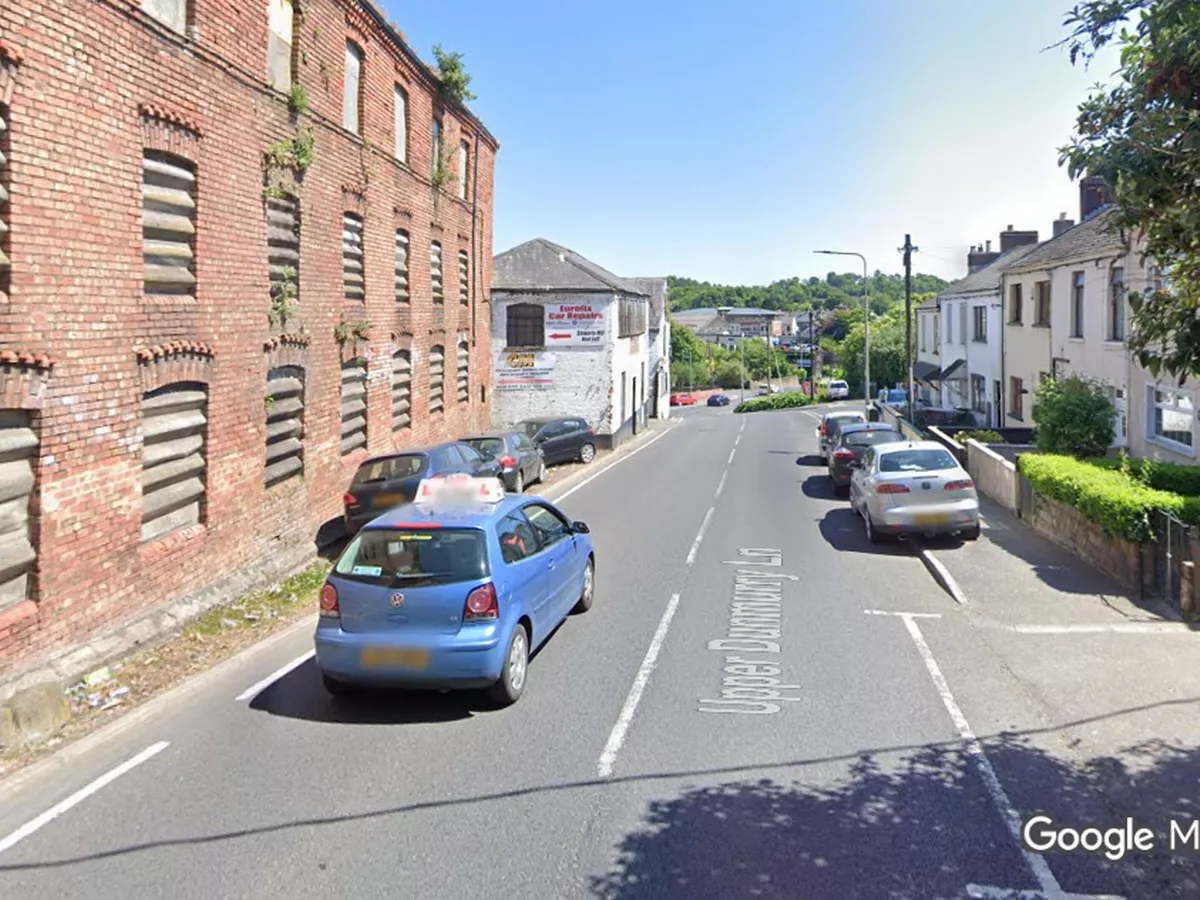Copyright Boston.com

A federal appeals court agreed with a lower court to dismiss a complaint against MIT alleging it failed to curb antisemitism on campus during student pro-Palestinian protests. “Little of what occurred can be deemed antisemitic merely because plaintiffs declare it to be so,” Circuit Judge William Kayatta wrote. Katerina Boukin and Marilyn Meyers, two Jewish students, and the legal arm of StandWithUs, a “nonprofit education organization dedicated to supporting Israel and combating antisemitism,” brought the lawsuit against MIT in March of 2024. It was dismissed in August of that year in the U.S. District Court for the District of Massachusetts when the court ruled that MIT did not act with deliberate indifference. The First Circuit Court of Appeals dismissed the suit in late October, ruling that the Jewish students’ claims “do not plausibly rise to the level of actionable harassment” and agreeing that MIT was not “deliberably indifferent to the effects of the protests on Jewish and Israeli students.” The case, which was ruled to MIT and free speech, could be the first campus protest case to reach the level of a federal appellate court, according to Massachusetts Lawyers Weekly. StandWithUs Center for Legal Justice Executive Director Carly Gammill said in a statement that their suit was not to punish the speech but “hold MIT accountable for its failure to properly address the pervasively hostile environment on its campus for Jewish and Israeli students.” “Plaintiffs sufficiently alleged what they experienced was actionable antisemitism,” Gammill said. “It is troubling — and out of step with the very purpose of Title VI — that the meagre steps taken by the MIT administration could be considered sufficient to address the vitriol experienced by its Jewish and Israeli students.” The similar case brought against Harvard was settled, according to court documents. What happened at MIT? The lawsuit references multiple instances of pro-Palestinian action on campus, alleged by the Jewish students and StandWithUs in court documents. Shortly after the Oct. 7 attacks, pro-Palestinian students wrote “Free Palestine” and “Occupation in Gaza” outside a vigil organized by Jewish students, and students chanted “Palestine will be free, from the river to the sea,” and “There is only one solution Intifada revolution” at a rally outside the MIT Student Center. Meyers was also told by a protester that her “ancestors didn’t die to kill more people” at the rally, referring to Holocaust victims, according to the lawsuit. Other instances included protesters staging a walkout and a “die in,” which MIT did not stop, the plaintiff’s allegations said. Protesters outside the offices of Jewish professors and MIT’s Israel internship program also allegedly “rattled the door handles of offices,” chanted, and “verbally charged” them with genocide, according to court docs. “Staff members ‘reported feeling alarmed, intimidated, and even afraid,’” the judge’s decision said. “Plaintiffs do not allege that they or any Jewish or Israeli students were present during this activity.” During a pro-Palestine student encampment on Kresge Lawn between April 21 and May 10, 2024, Jewish students moved their Passover seder off-campus, the court documents read, and some Jewish students asked to attend classes remotely. MIT President Sally Kornbluth acknowledged while the encampment was “a clear violation of [MIT’s] procedures for registering and reserving space for campus demonstrations,” the situation had “so far been peaceful,” according to video remarks she gave at the time. Ten people were eventually arrested when MIT cleared the encampment, the court documents note. Why was the suit dismissed again? The court ruled that conduct described by the Jewish students in the lawsuit is protected by the First Amendment. “Gathering together in groups on campus, disrupting campus tranquility, and impeding travel for many students” is not antisemitic, the judge wrote. In regards to isolated incidents that “are plausibly antisemitic,” Kayatta wrote, “the complaint’s allegations are not sufficiently severe, pervasive, and offensive to constitute actionable harassment.” “Plaintiffs claim that accusing Israel of committing genocide against Palestinians is antisemitic. But even prominent Israelis have lodged the same accusation,” Kayatta wrote, adding that the court rejects the claim that the protesters were antisemitic for focusing on claims against Israel. When discussing different definitions of antisemitism, the judge also acknowledged it to be an “ongoing debate.. that our constitutional scheme resolves through discourse, not judicial fiat.” MIT, which has the ability to restrict or allow political speech by its students as a private institution, allowed speech and restricted it in part, the judge wrote. The court disagreed that, under federal discrimination law, MIT was required to restrict the speech further. The court ruled MIT was also not deliberately indifferent to the claims of discrimination but instead “took an escalating series of actions aimed at calming the turmoil without violence.” The university created an initiative to combat antisemitic on campus and suspended student groups that violated its rules. “Requiring MIT to restrict students’ expression merely because those students opposed Israel and favored the Palestinian cause would infringe upon MIT’s freedom to encourage, rather than suppress, a vigorous exchange of ideas,” Kayatta wrote. MIT did not return a request for comment Tuesday night.



